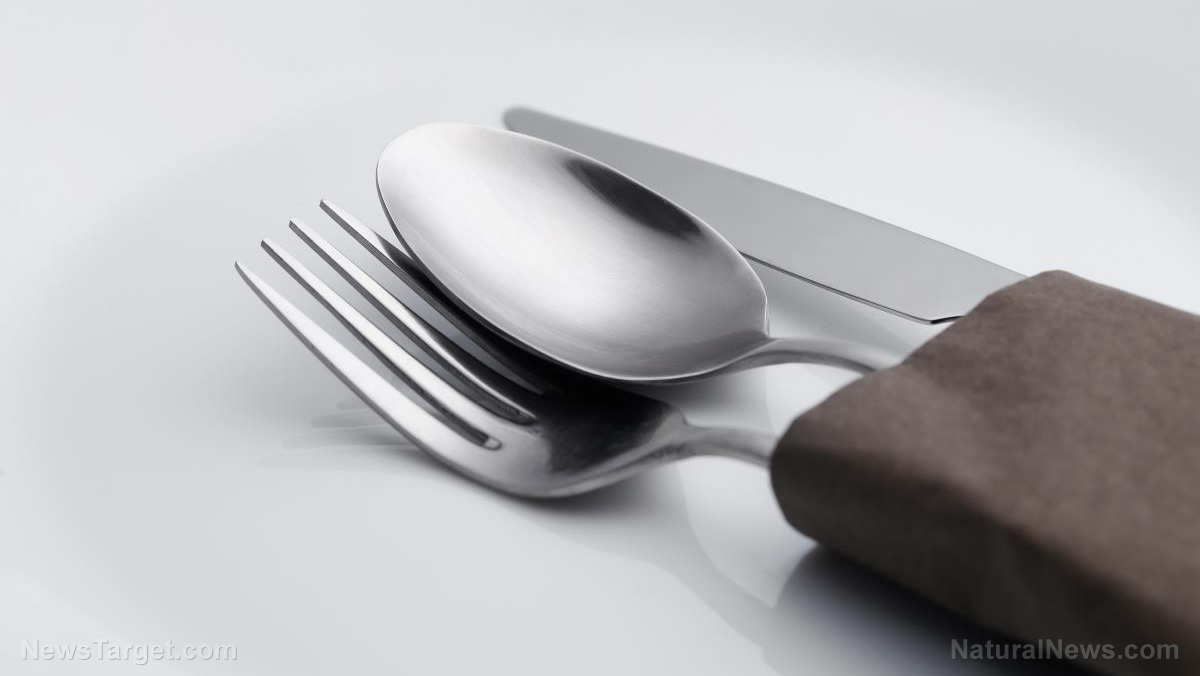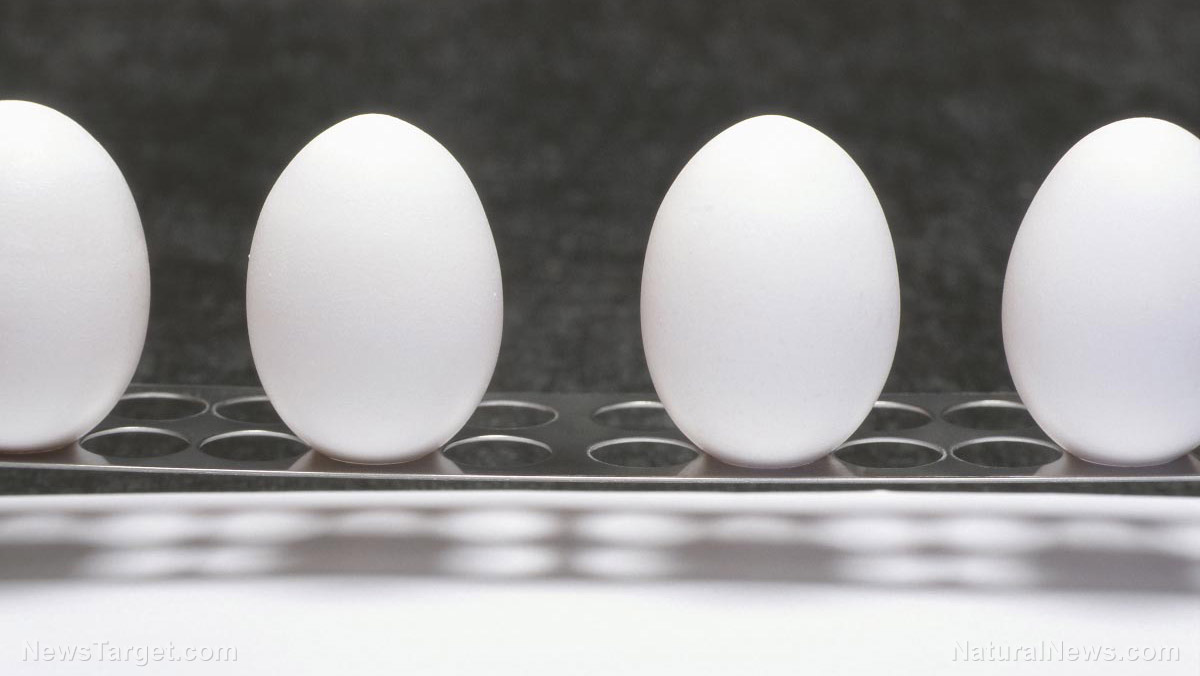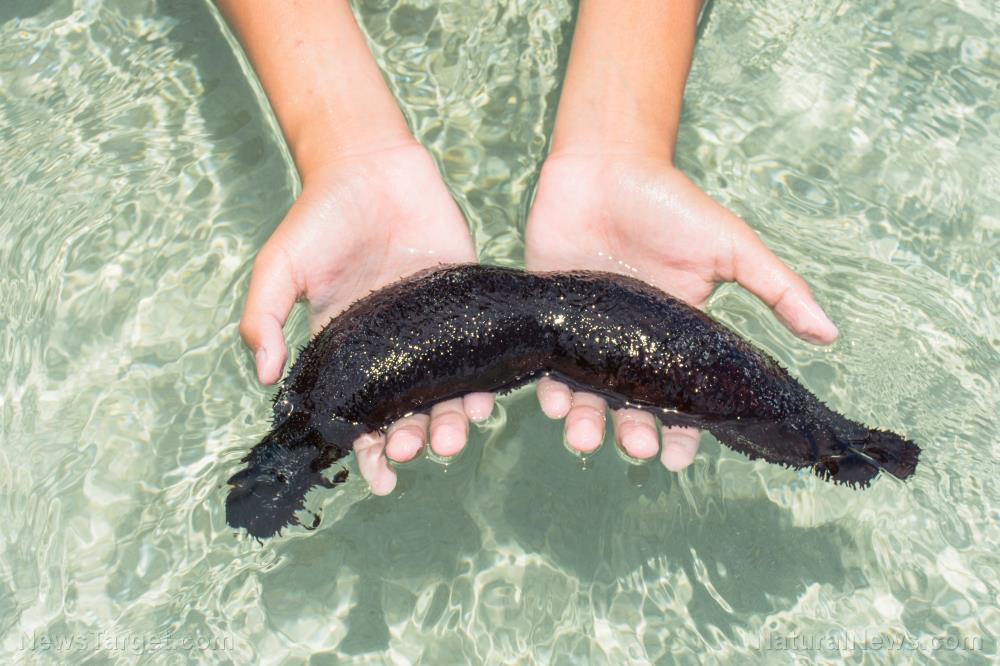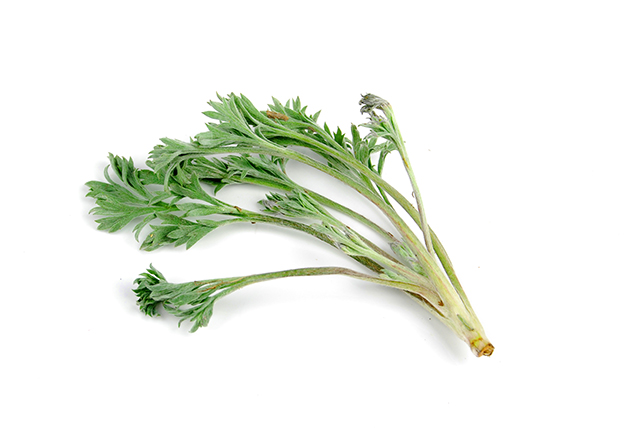Baduanjin exercise therapy found to improve depression in diabetics by regulating mRNA, lncRNA, and circRNA
06/20/2019 / By Michelle Simmons

In this study, researchers from China examined if baduanjin, a traditional Chinese exercise therapy, could improve the symptoms of depression and lower the blood sugar levels of patients with Type 2 diabetes. Their study was published in the journal Chinese Medicine.
- People with Type 2 diabetes are more likely to suffer from depression than healthy people, and people with depression tend to have a higher risk of developing Type 2 diabetes.
- Baduanjin has been widely used in China to treat Type 2 diabetes and depression.
- This exercise includes eight simple actions based on traditional Chinese medicine theory. Its aim is to assimilate energy in the body, which causes various health benefits.
- For the study, diabetics with depression performed baduanjin for 12 weeks.
- The researchers compared the differential expressions of long non-coding RNA (lncRNAs), circular RNAs, and mRNAs pre- and post-baduanjin intervention.
- Abnormal expression of RNA during transcription plays a role in the onset of diabetes with depression.
- The results showed that after baduanjin intervention, the blood sugar levels, depression index scores, and the severity of depression of diabetics significantly declined.
- Baduanjin intervention also regulated the dysregulated expressions of lncRNA, mRNA, and circRNA.
Based on these findings, the researchers concluded that baduanjin can safely and effectively improve the symptoms of depression and blood sugar levels in diabetics with depression by regulating lncRNA, mRNA, and circRNA expressions.
To read more studies on the health benefits of baduanjin, visit ChineseMedicine.news.
Read the full article at this link.
Journal Reference:
An T, He ZC, Zhang XQ, Li J, Chen AL, Tan F, Chen HD, Lv BH, Lian J, Gao SH, Jiang GJ. BADUANJIN EXERTS ANTI-DIABETIC AND ANTI-DEPRESSION EFFECTS BY REGULATING THE EXPRESSION OF MRNA, LNCRNA, AND CIRCRNA. Chinese Medicine. 01 February 2019;14(1):3. DOI: 10.1186/s13020-019-0225-1
Tagged Under: alternative medicine, Baduanjin, blood sugar, depression, diabetes, disease treatments, exercise, mental health, mind body science, natural cures, natural medicine, remedies, research, therapies, traditional Chinese medicine, Type 2 Diabetes


















